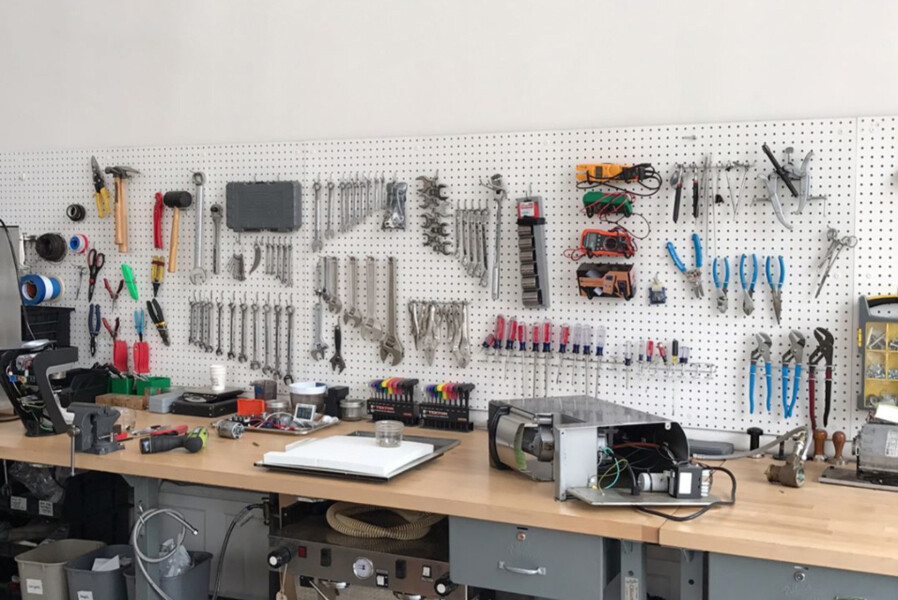Working with undergraduate graphic design students at the University of the West of England. This two-day workshop will focus on sharing stories of repaired objects. Students will bring to the session three photographs – one of professionally repaired objects, the second a self/DIY repair and the third a failed repair. Submitting the images to the Tales of Care and Repair site the students will create from the information shared on each picture a series of graphics that analyse the data gathered, as well as their motivations of repairing objects.
As part of the students ‘Professional Practice’ module they will be encouraged to create ‘Repair Declarations’ based on the conversations gathered at the Bristol Green Capital Partnership, Green Mingle and Seams for Repair workshop at UWE, the students will combine the outcomes of both workshops with their own views to create a series of declarations, which will be showcased as part of the “Tales of Care and Repair” symposium on the 8th and 9th Nov.
Facilitators
Teresa Dillon is an artist and researcher and the project lead for TALES OF CARE AND REPAIR. In 2018 she co-founded Repair Acts – a practice-based research programme that explores repair cultures and practices in a pluralistic and collective manner. Since 2013 she also directs Urban Hosts – a programme the explores alternative urban futures and is a member of the spatial collective Soft Agency. Her work has been published in various contexts and she has participated in numerous exhibitions, art residencies, conferences and seminar programmes. A Humboldt Fellow, Teresa currently holds the post of Professor of City Futures at the School of Art and Design, UWE Bristol.
Dawn Giles supports the production and workshop delivery of TALES OF CARE AND REPAIR on the UK side. Originally studying Fine Art and Painting and photography, Dawn has over twenty years experience as an art curator, producer and manager. Relocating to Bristol in 2016, Dawn has returned to her arts roots, working as maker and mender using techniques from drawing, print and textiles. Embracing the delights of pattern making, repetition, and decoration her work explores and make connections between art, craft and ideas of labour and leisure.
Agenda
10-11.00: Welcome and Introduction to “Tales of Care and Repair” followed by open discussion and Q+A
11-12.00: Gathering stories and sharing them on “Tales of Care and Repair” site
12.30: Lunch
13.30: Visualising the data
15.30: Preparing the “Repair and Care” Declarations
16.30: Wrap Up
In preparation for this workshop please bring three photographs with you. They can be taken on your phone camera or another device but should represent an object that you have repaired either by paying for it (professional repair); doing it yourself (self/DIY repair) or even an object you could not repair (failed). If you cannot take a picture of the object/s then please bring it to the workshop and we will capture it for you.
What happened?
The first part of this workshop opened with a welcome from Teresa that included a giving an overview on repair, which set the scene and explained the workshop and the intentions. Teresa focused on looking at the role of repair in relation to the UN Sustainability Goals, particularly Goal 12 on ‘responsive consumption and production’ and the Right to Repair Movement, including France’s repairability index, EU and UK ‘Right to Repair’ legislation.
Students (60 persons in total) uploaded images of repaired objects (self and professional repairs, as well as failed repairs) to the website, tagging them with information, which was shared at the end of the day by selecting a number of stories and relating them to the broader theories, definitions and understanding of repair from an academic, craft and design perspective.
Working in groups of 2-4 persons the remaining part of the session was focused on co-designing collectively ‘Repair Declarations’, defining what would be included and coming up with design propositions, which would be worked up and finalised in the second part of the session (Monday 18th).
